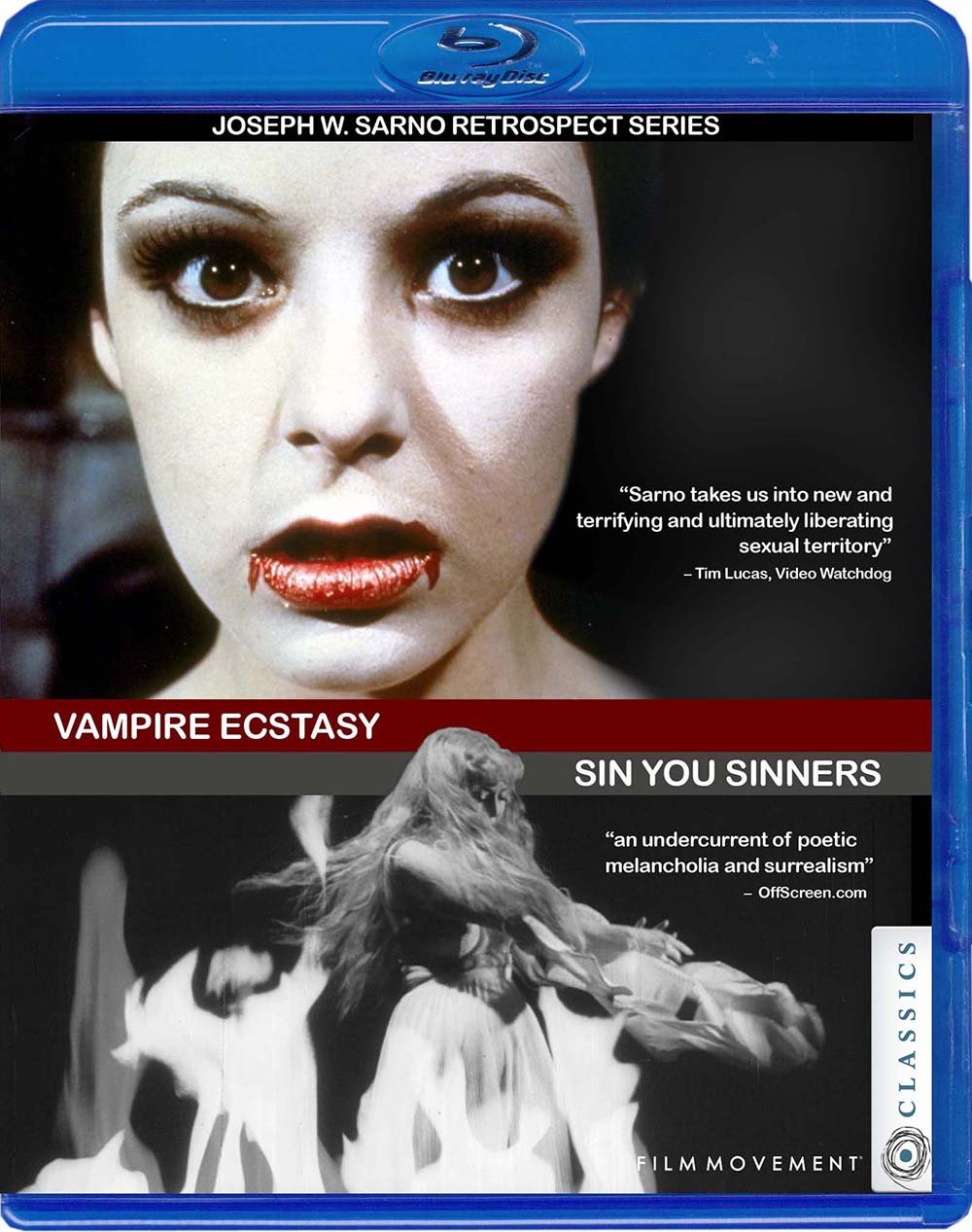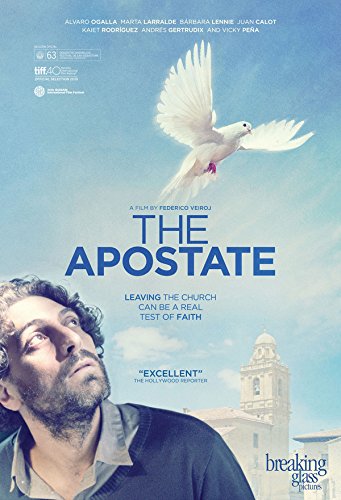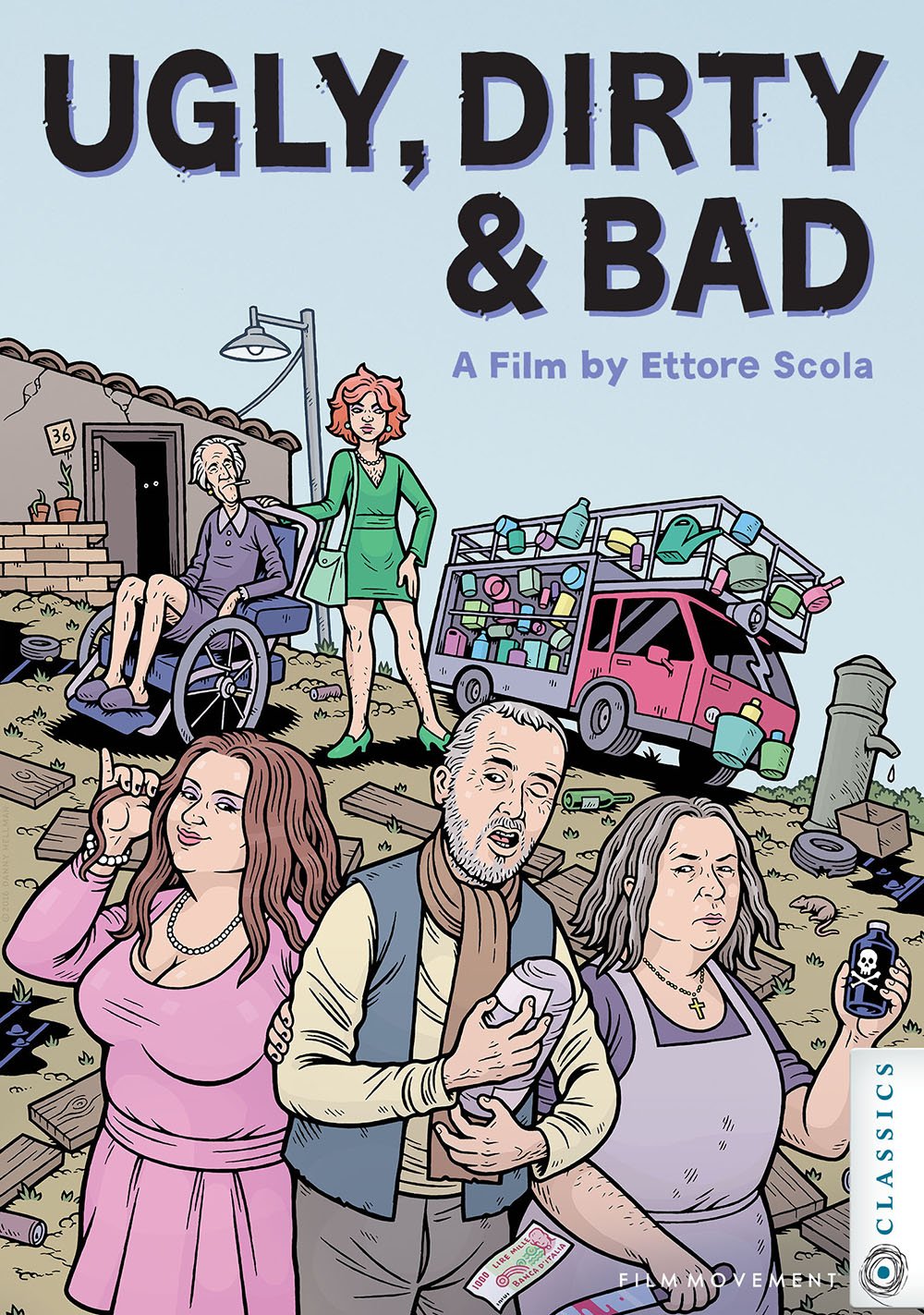
The November 1, 2016 Film Movement Film of the Month Club DVD release of the 2015 historical drama "Men Go To Battle" facilities seeing a film that proves that quality does not always go unrecognized. The accolades for this story of two brothers in Kentucky trying to survive the early days of the Civil War; specifically from the latter half of 1861 through the waning days of 1862, include the 2015 Tribeca Film Festival Award for Best New Narrative Director and being a New York Times Critics Pick.
The tough economic times have Francis and Henry Mellon struggling to get by. Henry being a reckless knucklehead does not help matters. His early exploits including buying two mules who are beasts that will be a burden for at least several months, inadvertently killing off livestock, and pulling pranks that include setting the bed that he and Francis share on fire by firing his gun at a drowsy Henry.
Other foolishness gone awry leads to the siblings seeking out the local doctor one evening; this, in turn, leads to Henry making a move on the daughter of a local leading citizen; this leads to a disgraced Henry literally disappearing into the night.
We next see a not-so-happy Francis going about his daily life for several months until receiving a letter from happy Union soldier Henry. The joy of military life for Henry includes getting to eat all that he wants.
The next portion of the film largely focuses on Henry; a notable scene has his encounter with a rebel soldier being far less adversarial than expected. We further see this past manchild literally go to battle and witness the impact of it on him. The events in the wake of that experience further impact Henry (and Francis).
The simple but powerful nature of the story, the perfect choices in location and cast, and the timeless themes that include that family may be morons but they still are family.
Movement chooses particularly well in selecting the exceptional Swiss drama "Operation Commando" as the companion short film for Club selection "Battle." This one set in modern times has two close young brothers finding themselves on opposite sides of an overnight war game that their camp counselors take much too seriously.
The film begins with the lads finding that resistance is futile regarding challenging the decision to assign them to opposite sides of the pretend conflict. They then go through a process that is akin to the five stages of grieving. This leads to a tense showdown in which the talented young actors expertly portray their emotions regarding whether their loyalty and love to their sibling trumps their loyalty and love regarding their brothers-in-arms.
Both films offer strong senses of what it means to be a brother; pairing them shows that things have not change much regarding that in 150 years.
Anyone with questions or comments regarding "Battle" or "Commando" is strongly encouraged to either email me or to connect on Twitter via @tvdvdguy.













![Boiling Point [Blu-ray]](https://images-na.ssl-images-amazon.com/images/I/61XgsJNlHgL._SY445_.jpg)





